Tens of thousands of workers begin paralyzing protests in Finland
Hundreds and thousands of Finnish workers have begun three days of strike action to protest against the right-wing government's planned labor market reforms and proposed cuts to social welfare, an action set to halt the country.
Much of Finland came to a standstill on Thursday after about 300,000 workers walked out of their jobs in the first of three days of the strikes called by the Central Organization of Finnish Trade Unions (SAK), grounding air traffic, halting public transport and affecting work-spaces.
National airline Finnair said it was forced to cancel some 550 flights, and substantially cut down traffic at Helsinki Airport, its main base, affecting 60,000 passengers.
Finland’s conservative prime minister Petteri Orpo's coalition government has called for a more "export-driven labor market model" to cut the country's fiscal deficit and "boost Finland's long-term competitiveness."
The proposals have greatly angered the unions, leading them to plan a widespread strike that will disrupt various sectors such as public transport, energy, schools, healthcare, hospitality, retail, and the postal service.
Pekka Ristela of the SAK said the strikes were intended to show the government "how much resistance there is to these reforms" and hoped "it will make the government reconsider."
Employment Minister Arto Satonen expressed his disappointment regarding the extensive strikes, yet emphasized the crucial importance of the government's plans for the future of Finland's welfare system.
"We need to make structural reforms to raise the employment rate," Satonen told Reuters, adding the strikes would be costly.
Composed of around 13 percent of the total 2.29 million people working force in Finland, the protesting workers have stated that if necessary, they will engage in a prolonged battle, warning of additional strikes if the newly elected government does not yield.
According to the top business lobby, Confederation of Finnish Industries EK, the direct and indirect effects of the strikes would result in a loss of around 360 million euros ($388 million) in gross domestic product, while fuel producer Neste's refinery in Porvoo said that petrol and diesel supplies would be down for approximately a week.
The EK and the government have said the changes are needed to bring the Nordic country's economy on par with comparable states such as neighboring Sweden.
The Nordic country with a population of 5.6 million has seen labor unions protesting against the government’s plans to favor local work agreements over centralized accords, limiting the right to strike, making it easier to terminate work contracts and cutting unemployment benefits in recent months.
Akava, the umbrella union representing university-educated workers, has implored the government to uphold the Finnish tradition of negotiation, as more industrial action is scheduled for certain professional sector workers on February 6.
VIDEO | Far-right Kast sweeps Chile’s presidential election
Hamas says reserves right to retaliate for commander assassination
Civilizations must unite against unilateralism, warmongering: Iran’s deputy FM
VIDEO | Resistance against occupation
China expands use of Iranian rail corridor for cargo transit
Ukraine’s Zelensky says open to dropping NATO bid for security guarantees
Israel kills 3 in south Lebanon as it threatens ‘wide-scale’ attack
VIDEO | Iran’s mega solar plant to power 2.5 million homes


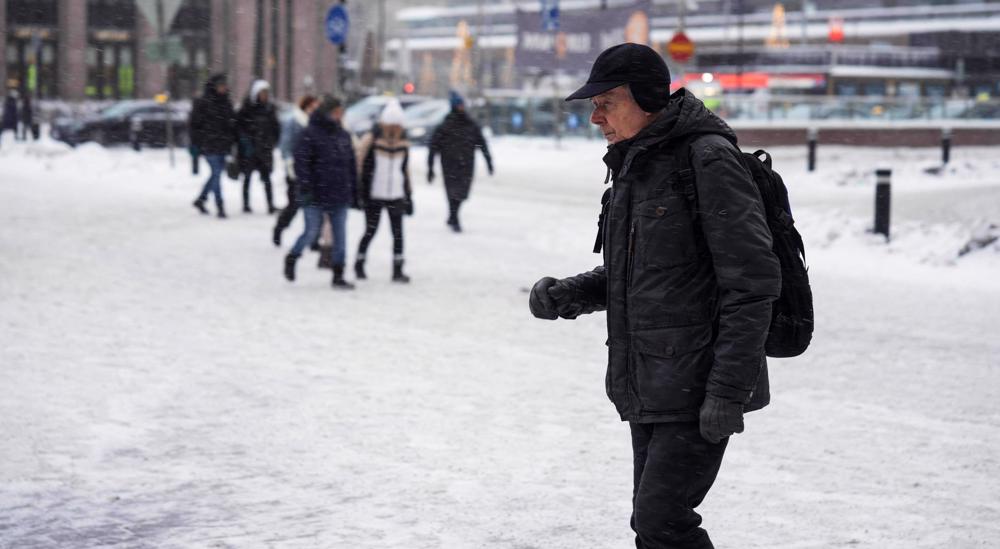






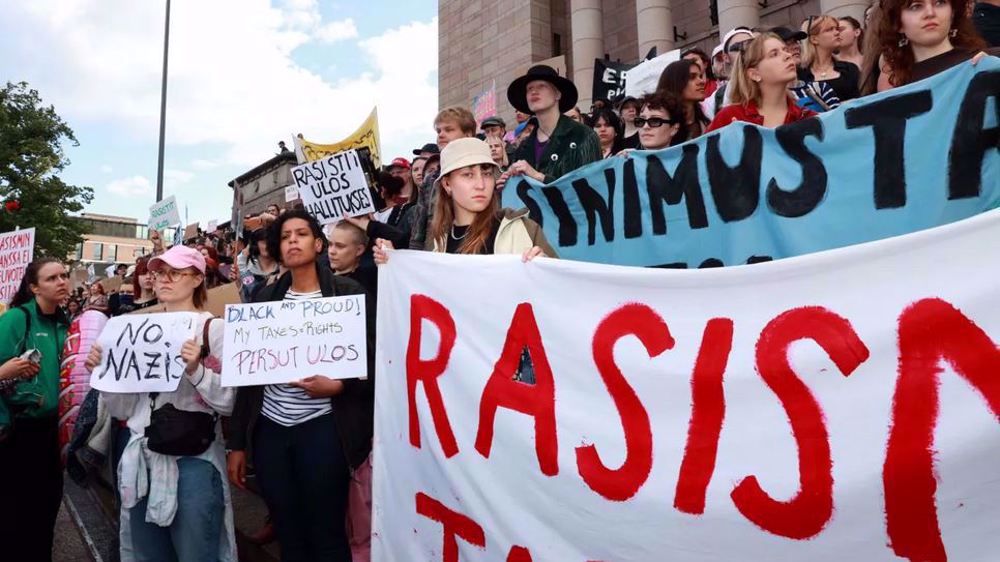
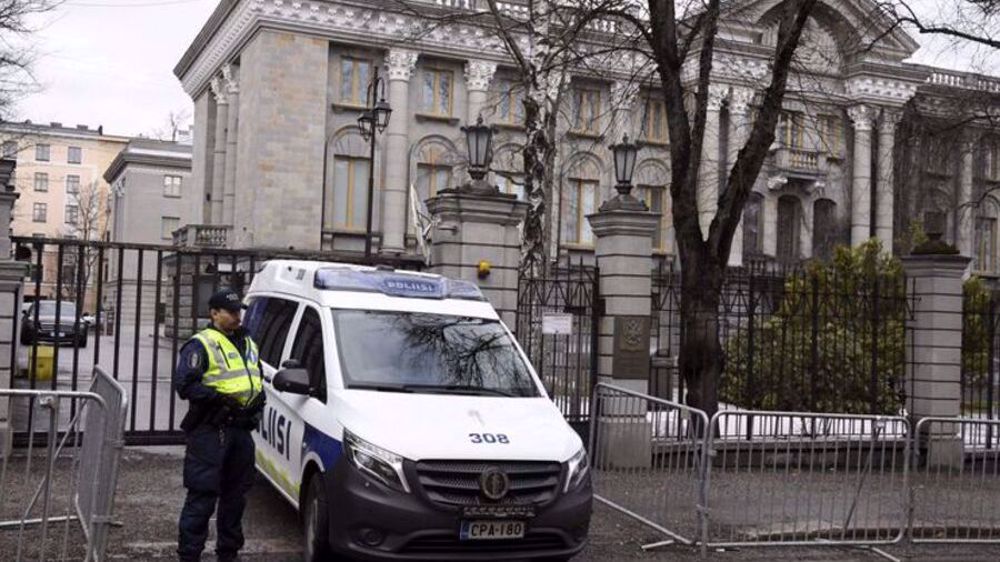


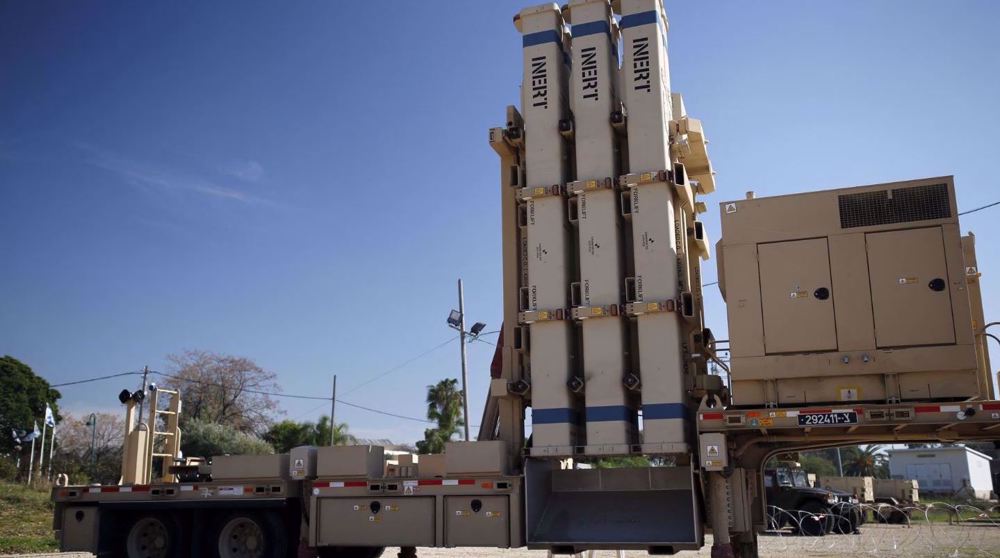

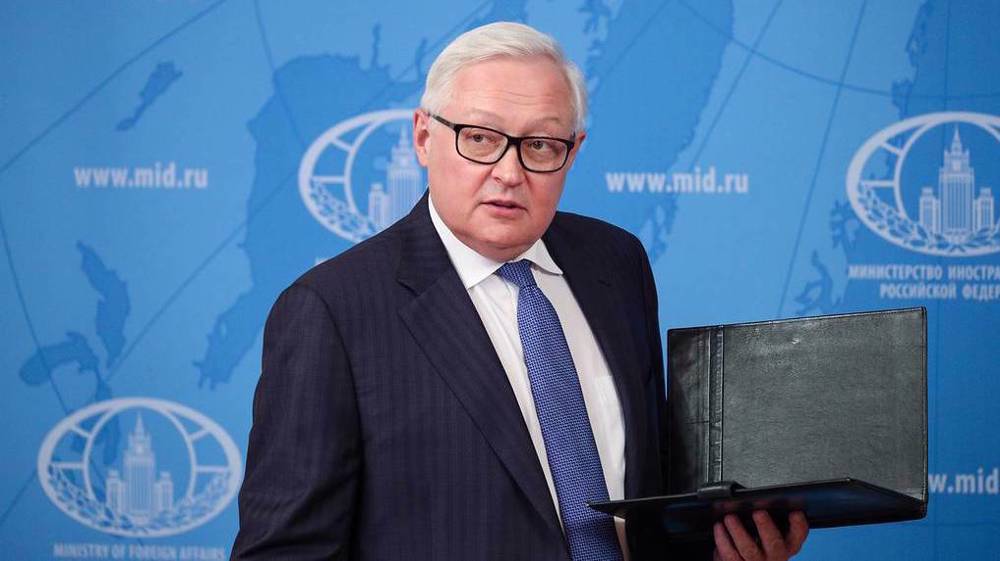

 This makes it easy to access the Press TV website
This makes it easy to access the Press TV website